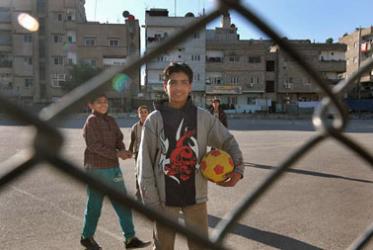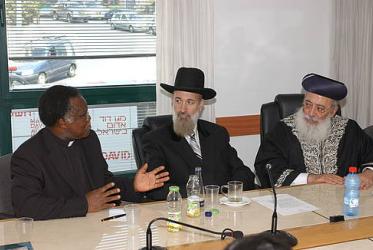Displaying 481 - 500 of 568
International ecumenical delegation to visit Uganda
23 October 2008
Iraqi Christians need action, prayers and solidarity, WCC says
16 October 2008
WCC delegation visits Georgia and Russia
03 September 2008
An international ecumenical debate on the issue of "promised land"
02 September 2008
Egypt visit to highlight WCC Middle East focus
12 June 2008
WCC delegation met with Syria's Assad
24 April 2008

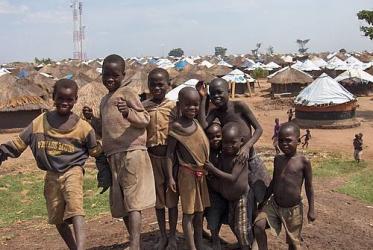
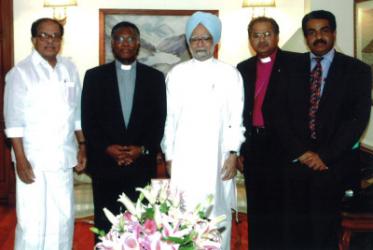
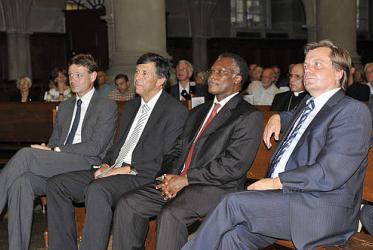
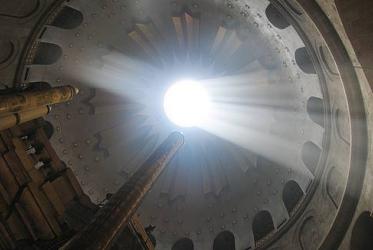







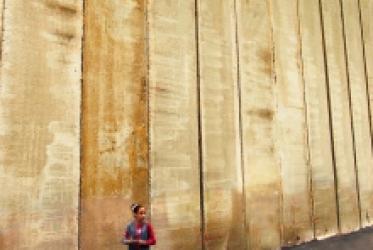
!["All Iraqis are trying to leave," Clara - a young woman working for the Greek Orthodox Patriarchate in Damascus and a refugee herself - told the WCC delegation. "Since one year the United Nations tell us that they will find a solution [for Iraqi refugees in the region], but nothing happens." "All Iraqis are trying to leave," Clara - a young woman working for the Greek Orthodox Patriarchate in Damascus and a refugee herself - told the WCC delegation. "Since one year the United Nations tell us that they will find a solution [for Iraqi refugees in the region], but nothing happens."](/sites/default/files/styles/teaser/public/newsItem/wjV59XHs.jpeg?itok=YIkp9xNl)


